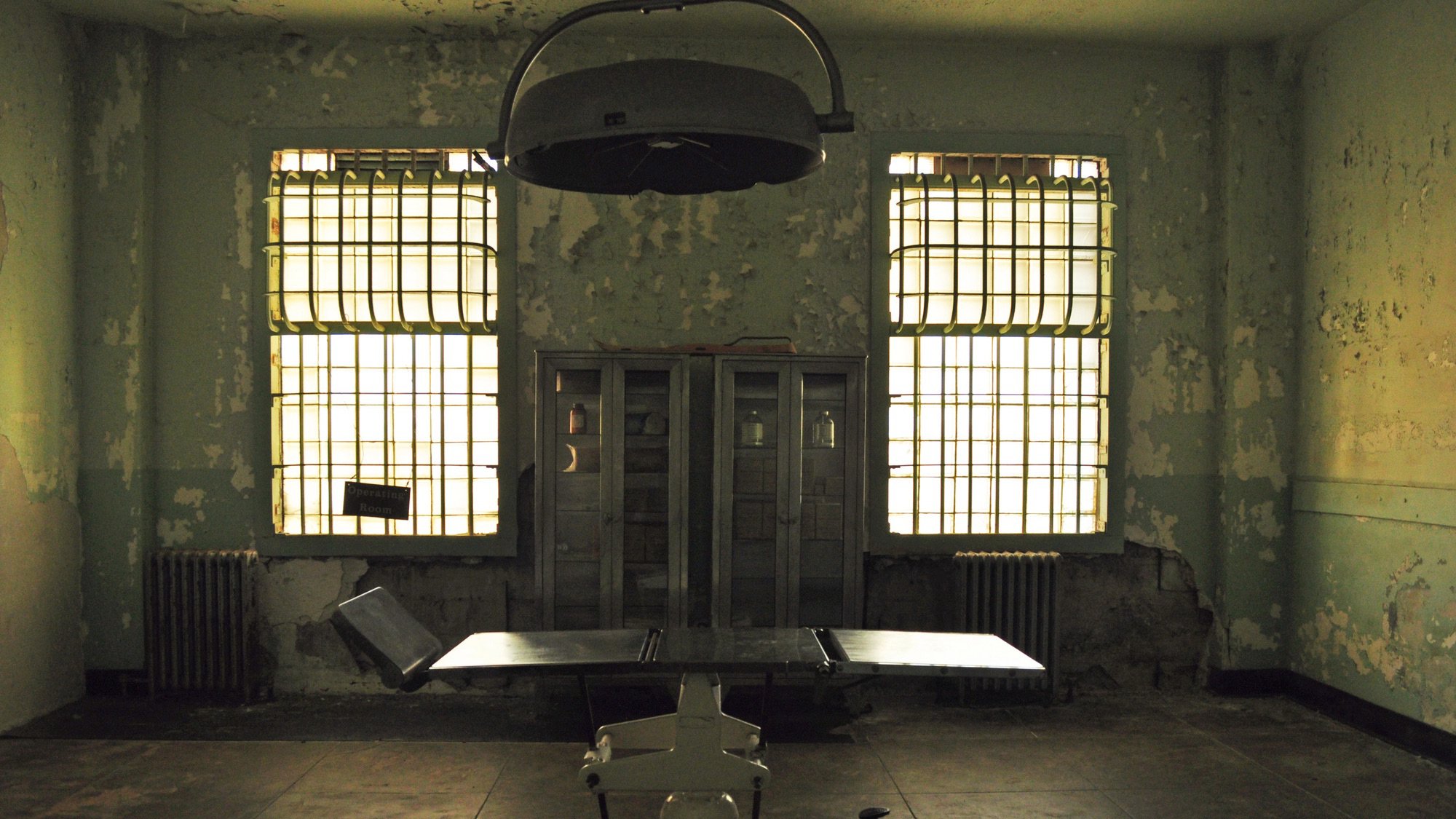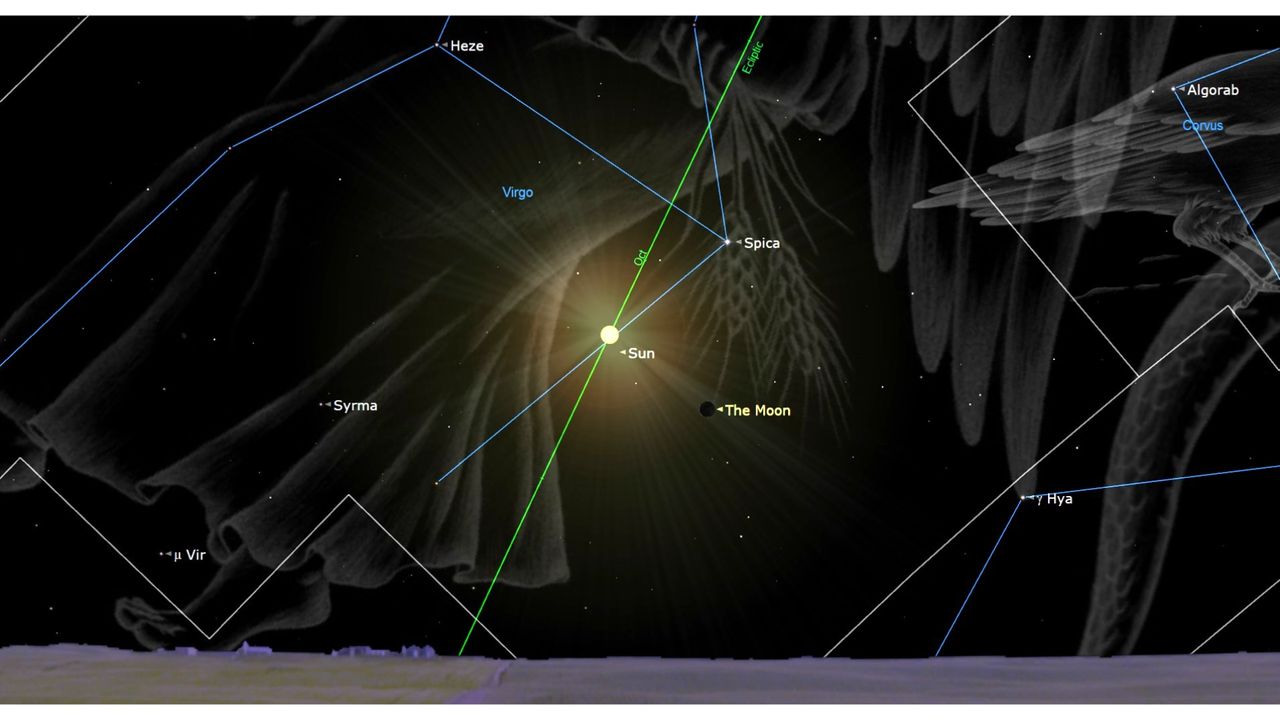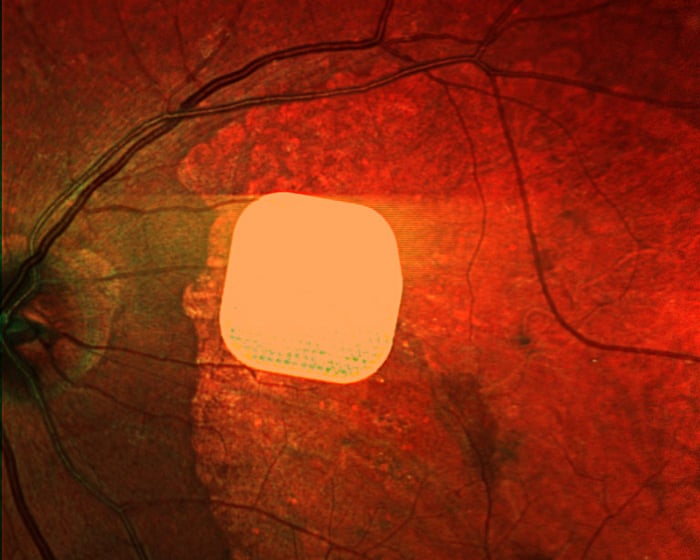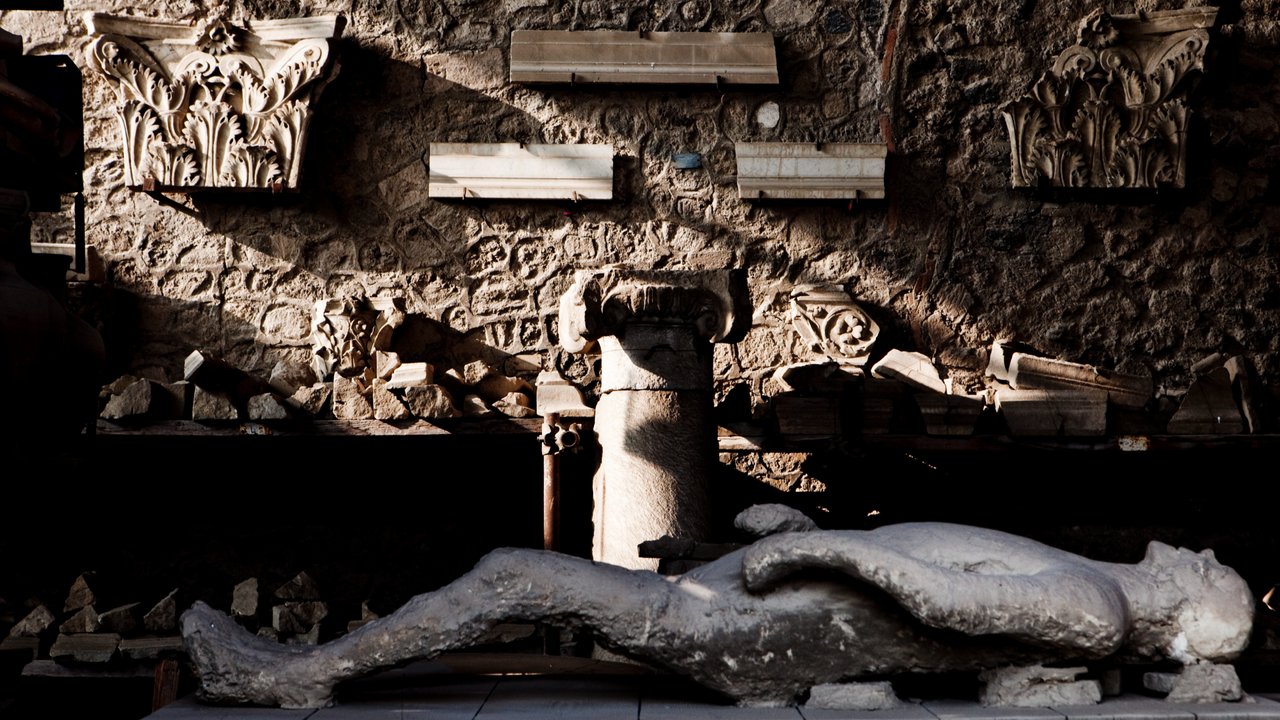Boriswave, fighting-age men, cultural Marxism: how the far right is changing how we speak
NegativeScience

The far right's influence on political language is becoming increasingly evident, particularly with the recent announcement from Reform UK to end indefinite leave to remain for immigrants, a move that could significantly alter the UK's immigration landscape. This proposal, linked to the term 'Boriswave', reflects a broader trend of using charged language to shape public perception and policy. Understanding these shifts is crucial as they highlight the ongoing cultural battles and the potential implications for society.
— Curated by the World Pulse Now AI Editorial System





